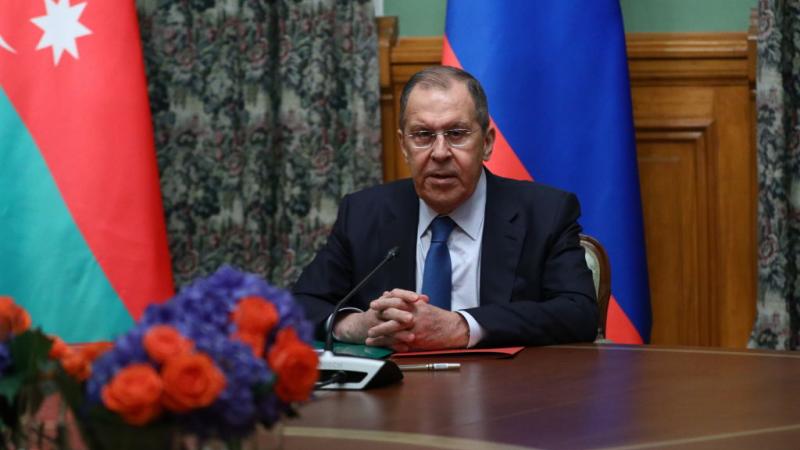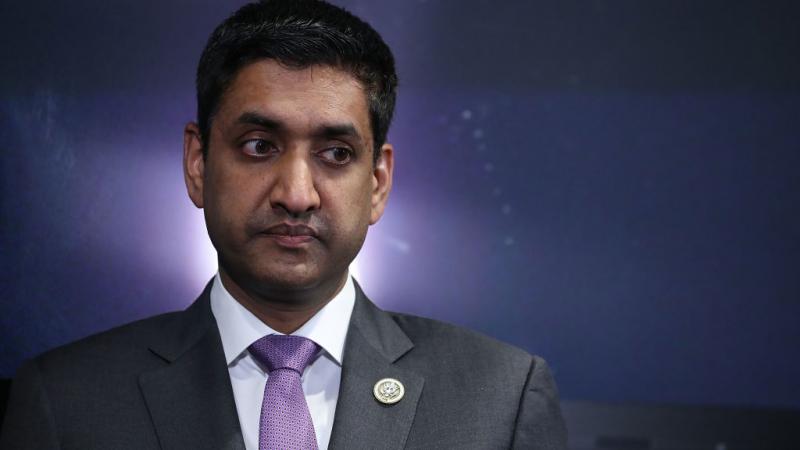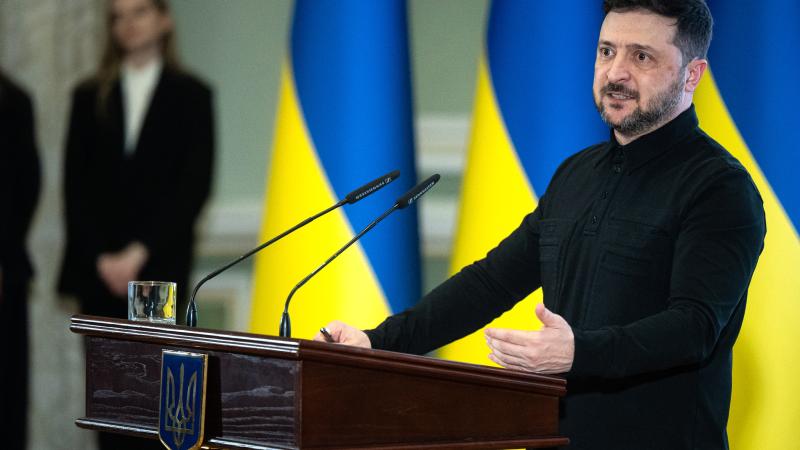Belgium approves treaty to allow Iranian terrorists to be sent back to Tehran
The treaty has been criticized by some Westerners as legally legitimizing Iran's tactic of taking westerners hostage in order to get terrorists freed.
Belgium's parliament has preliminarily approved a prisoner-swap treaty with Iran that if made final would send an Iranian diplomat convicted on terrorism back to Tehran, sparking disapproval from the U.S. and beyond.
The diplomat, Assadollah Assadi, was sentenced to 20 years in prison for his part in a bomb plot that targeted a rally in France by opponents of the Iranian regime, according to Politico.
The regime has repeatedly demanded Assadi's return. It is unclear why Belgium suddenly felt a degree of urgency to approve the treaty, though Iran is currently holding captive a 41-year-old Belgian aid worker.
In 2018, Belgian authorities intercepted a car carrying a bomb made from explosives supplied by Assadi that was en route to the targeted event outside of Paris. Authorities had been informed by several European intelligence services of the plot.
Among those opposing the treaty, tentatively approved Wednesday, is the Iranian dissident group the National Council of Resistance of Iran, Amnesty International and some U.S. lawmakers, who say Belgium should not return a convicted terrorist to Iran.
Texas GOP Sen. Ted Cruz called the treaty "perplexing & worrying."
"The US worked closely with our partners to track down Iranian terrorists across Europe for the regime's 2018 plot to bomb a political rally in France," he tweeted Wednesday. "It should go without saying that convicted terrorists should not be free." he tweeted.
The parameters of the treaty dictate that Iranians convicted in Belgium would be allowed to serve their sentences in Iran, and vice versa. However, the treaty also allows each country to grant amnesty to the convicted, and so there is a high likelihood that upon return to Tehran, Assadi will be set free.
"Our country is signing a treaty with a terrorist state purely for the purpose of extraditing terrorists to Iran," said a Belgian attorney representing the Iranian opposition. "Iran has a clear policy of taking foreigners hostage as leverage. This new law institutionalizes this kind of behavior via a legal framework."
















